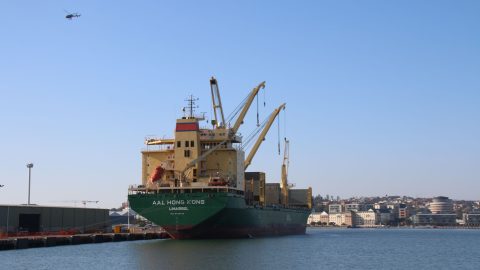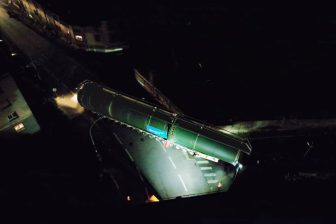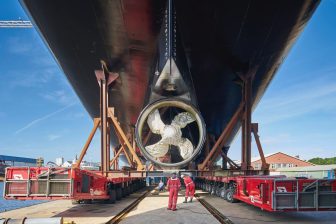
Shipping Australia opposes Government’s Strategic fleet policy
The association representing Australia’s international ocean shipping industry, Shipping Australia, has voiced its concern over the proposed strategic fleet policy. According to the Australian Government and the Federal Minister for Infrastructure, Transport, Regional Development and Local Government Catherine King, “The creation of a Strategic Fleet will build Australia’s resilience, and protect our national security and economic sovereignty by enabling the movement of cargo in a time of crisis.”
However, Shipping Australia said it is a bad policy and should not proceed. “As has been repeatedly explained – and demonstrated with evidence, this kind of policy has been tried several times in Australia and it has always failed,” the association said.
“The Federal government-owned fleet failed (1928). The WA-owned Stateships failed (1995). The WA government subsidised service to replace Stateships failed in 2013. Another national government-owned company failed (several times in fact; it last failed in 1998). The Coastal Trading Act (2012) had six objectives to boost Australian shipping but it succeeded in destroying it, driving ships, jobs, and industry away from Australia. The Strategic Fleet is just the recycling of a policy that we already know has failed in the past,” Shipping Australia said.
The policy envisions a Strategic Fleet of up to 12 vessels that will help Australia build resilience to freight disruptions while supporting its maritime workforce and sovereign capability. The government states that its maritime sector has been neglected due to a shortage of Australia-flagged ships and skilled workforce.
Productivity Commission carried out an independent analysis of the strategic fleet policy, concluding that it is doomed to fail as its premisses are utterly flawed.
The commission notes that the policy will not add to economic sovereignty; Australia is already economically sovereign. The size of the fleet will not add meaningful capacity and only has the potential to drive up costs and waste public money.
Furthermore, commenting on domestic skilling, in its “Australia’s maritime logistics system” report Productivity Commission said, “It is best addressed through immigration and cadetship programs without additional government intervention”.
Additionally, the Commission noted that the strategic fleet policy will not boost domestic maritime logistics, as crises don’t discriminate by flag.
You just read one of our premium articles free of charge
Register now to keep reading premium articles.




